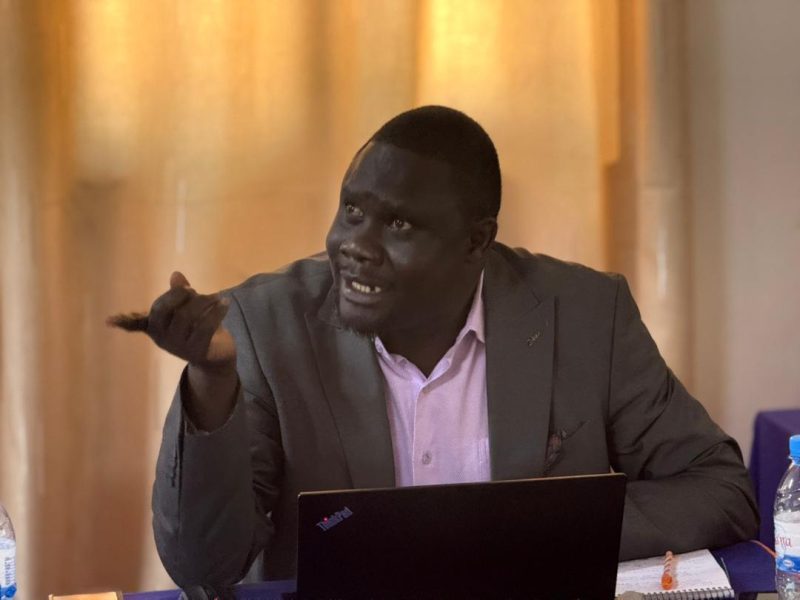
A new report by the Civil Society Coalition of Natural Resources (CSCNR) has exposed serious transparency issues and revenue collection risks in South Sudan’s gold mining sector.
The study, conducted in collaboration with the Institute of Social Policy and Research (ISPR), highlights how illicit mining practices and weak regulatory oversight are costing the government millions in lost revenue while threatening the industry’s long-term stability.
Focusing on gold mining activities in Budi, Kapoeta South, and Kapoeta East counties of Eastern Equatoria, the research found that small-scale artisanal operations dominate the sector. However, these companies frequently operate without proper documentation and transparency, making it difficult to track gold production and earnings.
“The lack of transparency significantly hinders revenue collection, which is essential for national economic growth,” the report states.
The study warns that South Sudan lacks official records of the total gold produced and the foreign exchange it generates, leaving room for illegal trade and smuggling.
Despite this, export data from the Observatory of Economic Complexity (OEC) reveals that in 2019, South Sudan exported $47.6 million worth of gold, making it the 112th largest gold exporter globally.
A key issue identified in the study is the government’s approach to licensing small-scale miners. Authorities issue exploratory licenses to artisanal companies, allowing them to survey potential mining sites.
However, many companies skip the exploration phase and begin mining immediately, often without government monitoring, creating loopholes for illegal extraction, reducing tax revenue, and increasing environmental risks.
“The lack of regulation in the sector weakens tax collection, which costs the government vital income, and unregulated extraction erodes investor confidence, discouraging foreign investment, as well as illegal mining leads to unauthorized excavations, soil degradation, and resource depletion,” it stated.
To address these challenges, the report outlines several recommendations aimed at improving transparency and accountability, including gold mining companies should develop and implement corporate social responsibility programs that directly benefit local communities.
Further, civil society groups and government agencies need to raise awareness about the provisions of the Mining Act of 2012 to ensure compliance among stakeholders, as well as authorities to establish standardized gold pricing and enforce regulations that protect miners and investors from exploitation.
Additionally, the government should create a centralized database to track all mining activities and revenue streams, ensuring transparency and public accountability.
Despite the concerns raised, the report remains optimistic that South Sudan can maximize the potential of its gold sector.
Through robust regulations, stricter licensing procedures, and enhanced transparency, the country can turn its gold industry into a major economic driver, benefiting both the government and local communities.

